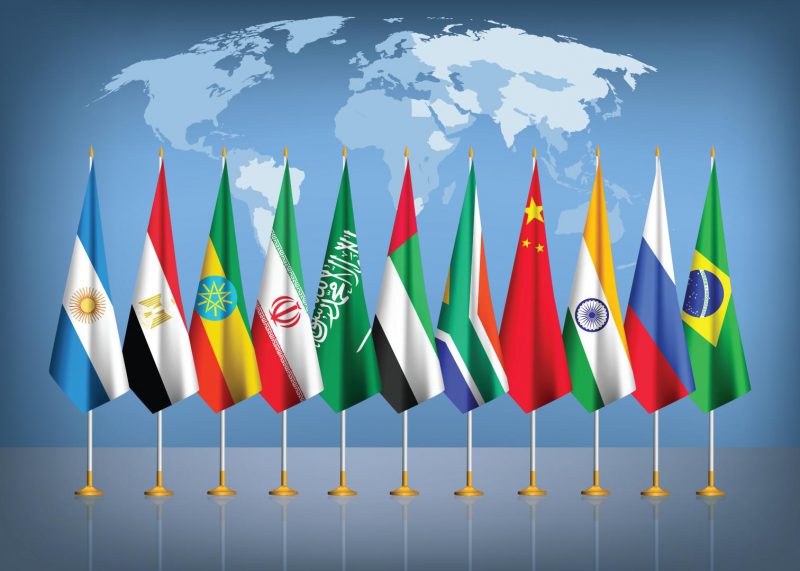Saudi Arabia officially joined the BRICS alliance on Wednesday becoming the first large oil-producing country to enter the bloc. BRICS initiated a power move with Saudi Arabia’s inclusion as they now control nearly half of the world’s oil output. The development puts the US prospects in peril as America only holds a fraction of oil compared to BRICS. The stakes are high and if BRICS start accepting local currencies for oil payments, the US dollar will plummet.
Read here to know how many sectors in the US will be affected if BRICS ditches the dollar for oil trade. The ball is now in the BRICS’ court and their next decisions could make or break the prospects of the US dollar.
Also Read: BRICS: Russia Settles 85% Trade in Local Currency, Sidelines US Dollar
BRICS Hold 47% Global Oil After Saudi Arabia’s Inclusion, US Owns 2.1%


The BRICS alliance now controls 47% of the world’s oil while the US holds only 2.1%. If they demand developing countries to pay in local currencies, the US dollar will be the hardest hit. Below is the breakup of how much oil each BRICS country holds.
Also Read: BRICS: China Pushes Yuan in Africa, Reduces US Dollar Debt Repayment
| Saudi Arabia | 17% |
| Russia | 12% |
| Iran | 9.5% |
| UAE | 5.9% |
| China | 1.5% |
| Brazil | 1% |
| India | 0.3% |
| Total | 47% |
Saudi Arabia recently confirmed that the Kingdom is ready to accept local currencies if other developing countries wish to pay. However, oil settlements in local currencies are not yet initiated and the US dollar is used for payments. Nonetheless, the risk of sidelining the US dollar for oil payments remains high as BRICS kickstarted the de-dollarization process.
Also Read: BRICS: UAE Pays China With New Digital Dirham, Ditches US Dollar
The US now needs to come up with initiatives and maintain its friendly ties with Saudi Arabia. The Kingdom’s local currency, and the UAE’s currency, the Riyal and Dirham are pegged to the US dollar. Therefore, Saudi Arabia and the UAE messing with the US dollar will only hurt their local currency which could impact their native economies.





